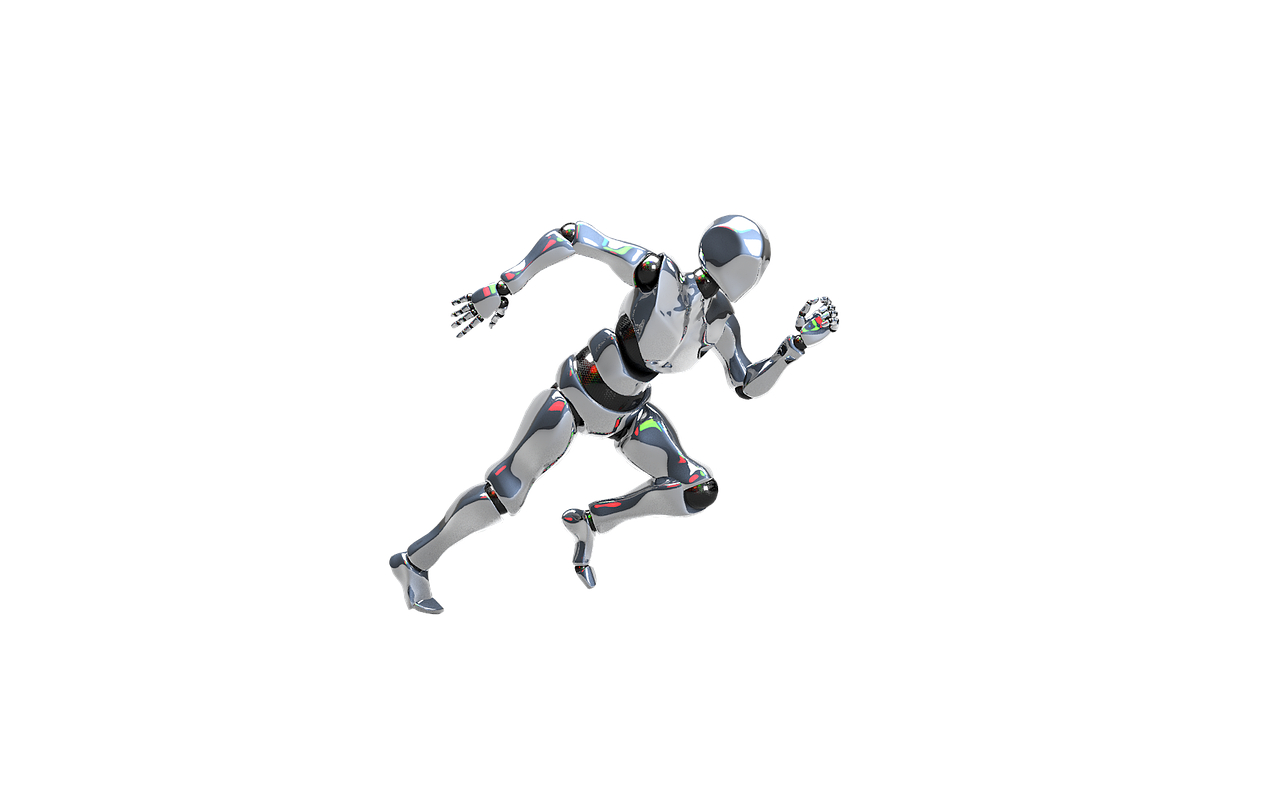How AI Models are Revolutionizing Industries and Daily Life

Brief news summary
Artificial intelligence (AI) is revolutionizing various industries and everyday life by employing advanced models to analyze large datasets for intricate tasks such as facial recognition and personalized recommendations. Unlike traditional software, AI systems can autonomously recognize patterns and enhance their precision over time. In healthcare, AI demonstrates significant potential, exemplified by Google's model for assessing heart disease risk from retinal images, which surpasses conventional methods. Moreover, AI tools for tuberculosis detection through X-rays provide meaningful diagnostic advancements in low-resource environments. In the financial sector, AI is pivotal in fraud prevention; for example, Visa's technology effectively mitigates fraudulent activities, while BlackRock utilizes GPT-4 for efficient financial analysis. As AI technology evolves, its environmental effects are increasingly notable, with Google Cloud focusing on monitoring the carbon footprints of AI models. However, the swift progression of AI raises ethical issues, igniting worldwide discussions on the need for regulation. Future research aims to explore "neuromorphic" AI and "few-shot" learning to enhance the adaptability and effectiveness of models even further.Artificial intelligence models have become pivotal in driving innovation across multiple sectors, transforming both industries and daily experiences. These sophisticated algorithms underpin numerous technologies we encounter every day, ranging from facial recognition on smartphones to personalized suggestions on streaming services. An AI model refers to a computer program that learns from data to execute tasks or make decisions. Unlike traditional software, which adheres strictly to predefined rules, AI models identify patterns within vast datasets, allowing them to operate independently. With exposure to increasing amounts of information, these models continuously improve their performance. AI technologies facilitate a variety of daily applications, such as voice recognition on mobile devices or product recommendations on e-commerce sites. They are also instrumental in more complex fields, including medical diagnostics and financial forecasting. The rapid development of AI has accelerated the integration and influence of these models. For instance, Anthropic’s Claude functions as an AI assistant capable of analyzing intricate documents and engaging in sophisticated dialogues. Microsoft has also broadened its AI tools with Copilot for Microsoft 365, an AI-enhanced assistant designed to boost productivity across multiple Office applications. **AI in Healthcare and Finance** In the healthcare sector, AI models are demonstrating significant potential. A model developed by Google Health and EyePACS accurately predicts heart disease risk through retinal imaging, achieving results comparable to traditional risk assessment methods. This non-invasive approach could transform early heart disease detection, particularly in areas with limited access to advanced medical care. Furthermore, Google Health introduced another AI model capable of identifying signs of tuberculosis in chest X-rays with a high degree of accuracy, potentially expediting diagnoses in under-resourced environments. The financial industry is also embracing AI technologies enthusiastically.
Visa has implemented a cutting-edge AI-driven fraud detection system that evaluates transactions in real-time, reportedly decreasing fraud rates by up to 40% during initial testing. Additionally, asset management firm BlackRock has integrated GPT-4 into its Aladdin platform, enhancing investment research and risk management for its clients. This integration allows Aladdin users to navigate extensive financial datasets using natural language queries, making complex financial analysis more accessible to a wider array of professionals. As AI models become more advanced and widespread, initiatives to mitigate their environmental impact are gaining momentum. For instance, Google Cloud introduced Carbon Footprint for Machine Learning, enabling developers to assess and minimize the carbon emissions tied to training and deploying their AI models. **Looking Ahead** The rapid evolution of AI models has ignited ethical discussions and prompted regulatory responses. The United Nations recently passed a resolution addressing AI ethics, advocating for global collaboration to ensure that AI advancements benefit humanity while safeguarding human rights. In the U. S. , President Joe Biden issued an executive order focused on AI, detailing strategies for fostering responsible AI development and mandating safety evaluations for advanced AI systems. Many experts in AI are calling for stronger governance around these sophisticated technologies. In terms of future directions, new areas of AI research are emerging, such as "neuromorphic" AI and "few-shot" learning models. IBM has revealed the "TrueNorth" chip architecture, designed to mimic the human brain more closely, potentially enabling AI models to operate using significantly less energy than current systems require. Researchers at OpenAI have showcased a model capable of learning new tasks from just a few examples, which could enhance AI's adaptability and facilitate deployment across a variety of applications.
Watch video about
How AI Models are Revolutionizing Industries and Daily Life
Try our premium solution and start getting clients — at no cost to you

I'm your Content Creator.
Let’s make a post or video and publish it on any social media — ready?
Hot news

Top SEO Trends Orange County Businesses Need to K…
Businesses in Orange County constantly seek new ways to gain a competitive edge, and Orange County Search Engine Optimization (SEO) services are designed specifically for this purpose.

AI-Generated Videos Gain Popularity on Social Med…
The rapid rise of AI-generated videos on social media has become a prominent global trend, driven by significant advances in artificial intelligence technology over recent years.

OpenAI Launches $50 Million Fund to Support Nonpr…
OpenAI has announced a major commitment to the responsible advancement of artificial intelligence by creating a $50 million fund dedicated to supporting nonprofit and community organizations.

Meta Platforms Announces $10 Billion Investment i…
Meta Platforms Inc.

Best PPC Firm Expands PPC Advertising Services an…
San Francisco, California—(Newsfile Corp.

Oracle Adds Artificial Intelligence to Marketing,…
Oracle has unveiled the integration of new artificial intelligence (AI) capabilities within its Oracle Fusion Cloud Customer Experience (CX) suite.

AI Video Generation Technology Advances in Film P…
The film industry is experiencing a transformative shift as an increasing number of studios incorporate artificial intelligence (AI) video generation technology into their production workflows.
AI Company
Launch your AI-powered team to automate Marketing, Sales & Growth

and get clients on autopilot — from social media and search engines. No ads needed
Begin getting your first leads today








